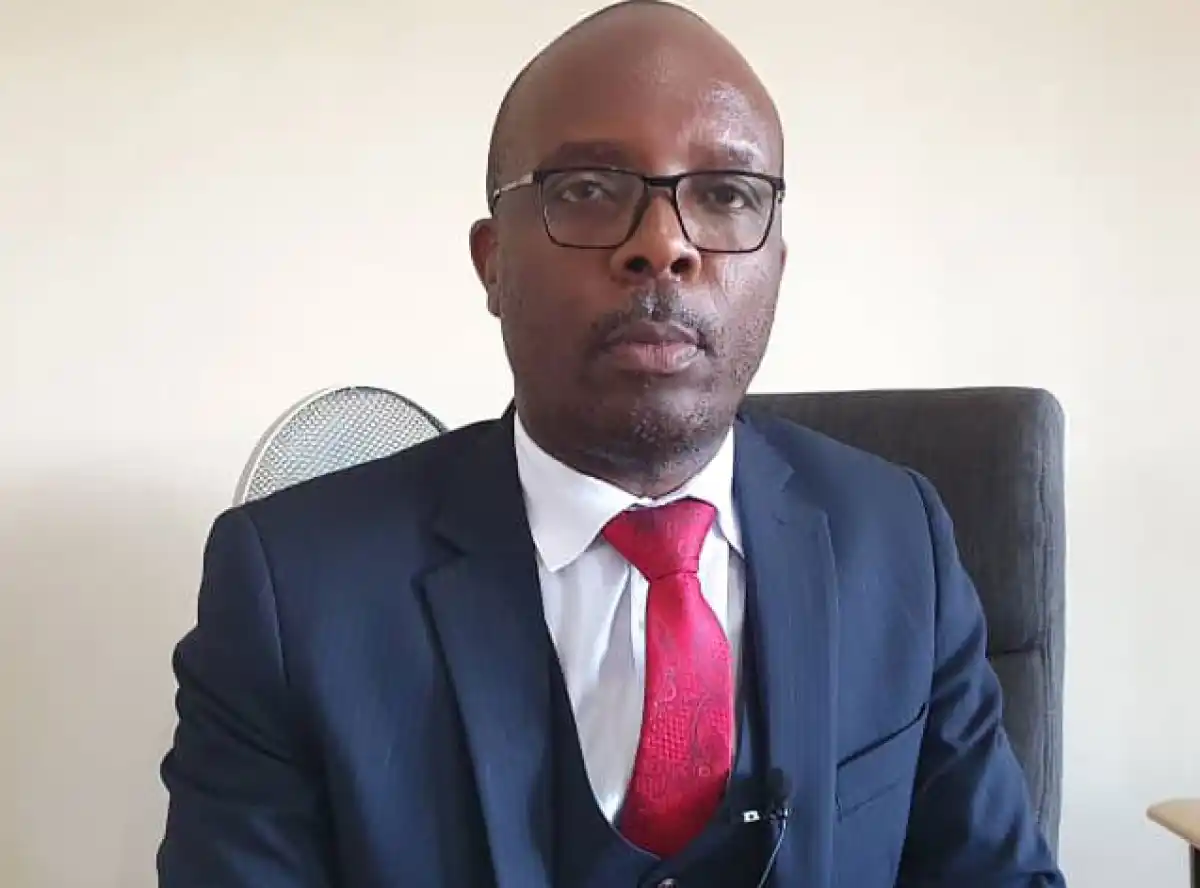
Malawians have expressed mixed views on whether the country— which has kept the death penalty in its laws, albeit without executing anyone, for about 33 years—should abolish it.
Reports show that the last time people were executed after being sentenced to death by the courts was in 1992.
Since the country adopted multiparty politics in 1994, it has not carried out any execution.
But through ‘Kulinji’ programme, which aired on Times Radio Wednesday morning, people had mixed views on the issue.
For instance, Mulanje West Member of Parliament

said the matter needed to be taken seriously, as their inspections in detention facilities exposed human rights violations.
He said such violations were perpetuated against those who are on death roll.
“It’s not only murder cases that make one to be sentenced to death but also cases pertaining to treason. Through our inspections, we found that there were a lot of people who were just staying without knowing what would happen to them, even after knowing that they were condemned.
“These people are ill-treated by, among other practices, being put in single, tiny rooms, more so because, since the adoption of multiparty politics, no President has signed for their execution after they were sentenced to death. This culminates in them living a tough prison life for a long time. This is why we believe that this law, one that is not used, should be abolished,” Nthenda said.
Nthenda added that some of the laws Malawi is using were brought in by colonialists.
“The people who brought this law do not use it anymore in their country. They give other punishments like life imprisonment other than death,” he said.
According to Nthenda, it is only the office of the President that signs the death warrant of those on death roll.
He said it would have been better if the country were using the law or repeal it if it could not use it.
“We can change the law by giving out life sentences instead of death. Laws we anticipate to change include the Penal Code chapter 701 and Criminal Procedure and Evidence Code chapter 801,”he said.

Paramount Chief Kawinga of Machinga District said it could be a wise move to replace the death sentence with life imprisonment.
He said this could serve as a warning to members of the young generation, who will be able to see their relations serving long prison sentences.
“If children misbehave, we can warn them by giving examples of people or show them their relations who are serving life sentences,” he said.
Sheikh Hajji Yatimu Chanika said their religion outlines clearly that he who kills should be killed.
He, however, said Islam did not come to punish people.
“I do not support the idea of abolishing the death sentence. Our religion teaches us that he who kills another person intentionally must be killed. The fact that leaders do not sign the death warrants does not mean the law is not important; the blame should be put on leaders and not the law. They too are in contempt [of the law],” he said.
Speaking in his capacity as Malawi citizen, Pastor Anthony Masala of Zambezi Evangelical Church said blame should go to leaders for not using the law that the country enacted.
“Why do our leaders choose not to act on the [issue of the] death sentence? We have had leaders who were Muslims and Christians but all of them did not sign for the execution of the law.
“I, as a pastor, suggest that the law be repealed from death to life imprisonment,” Masala said.
One of the law experts, Chipiliro Lulanga, said parliamentarians needed to abolish the death penalty.
“We represented about 170 people on death roll and, after being retired, they were given other options of sentences. During their retrial, we discovered a lot of mess in terms of the execution of justice,” he said.
Meanwhile, Centre for Human Rights Education, Advice and Assistance Executive Director Victor Mhango has emphasised the importance of considering human rights.
According to Mhango, the country has kept the death penalty in its laws for over 30 years without enforcement.
Mhango wondered why the law was being kept when it could, clearly, not be used.
“The evidence is clear that the death penalty does not deter crime. Many countries have abolished it, recognising that it is inhumane, irreversible and unjust,” Mhango said.






0 Comments